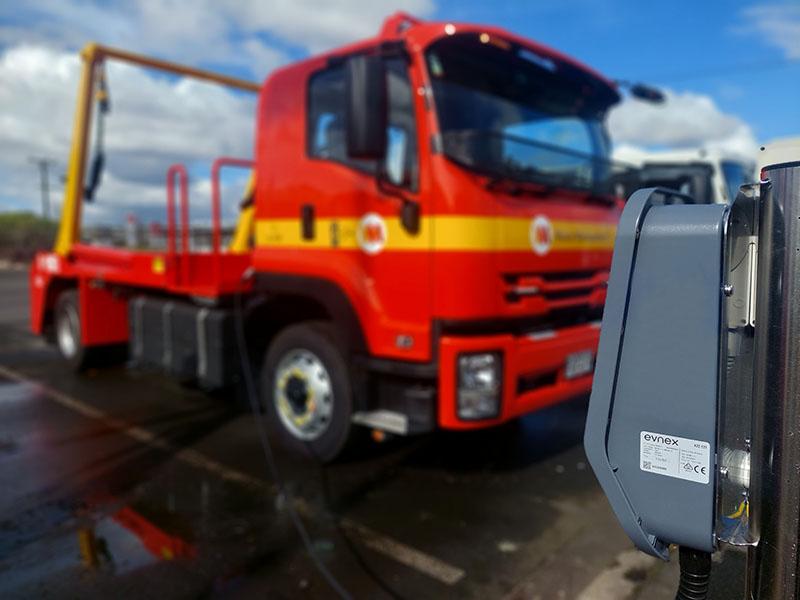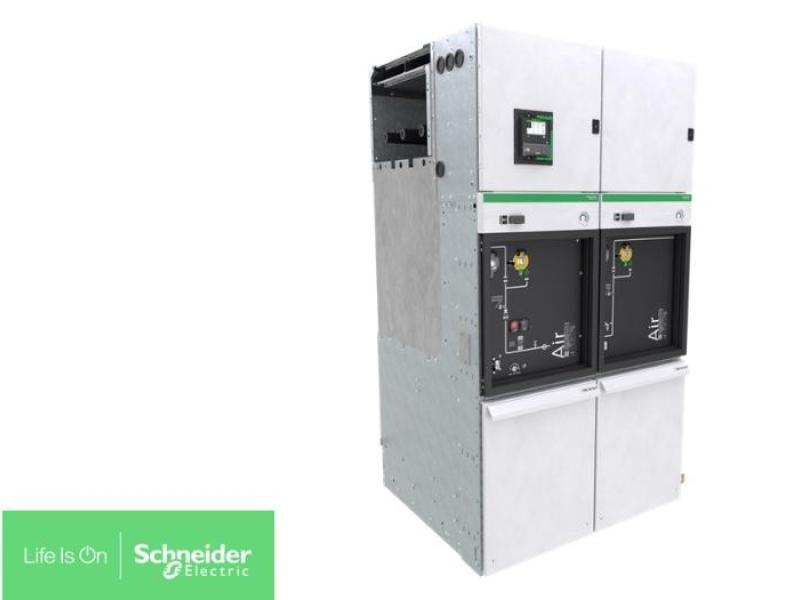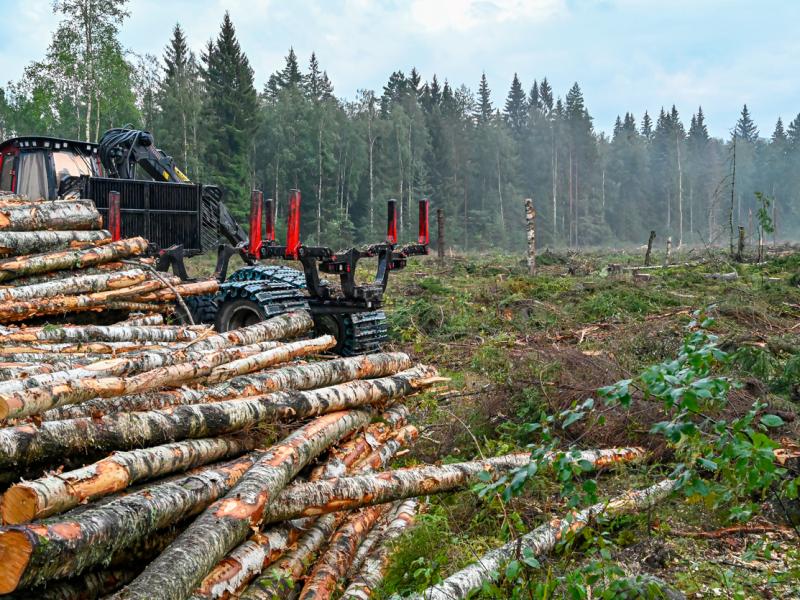New Zealand’s largest generator of energy from waste last year produced enough electricity to power 25,000 households plus a fleet of electric rubbish collection trucks – all from everyday garbage thrown out by Kiwis. Now, using technology from Kiwi smart-charging leader Evnex, they can balance the load it takes to charge their fleet and also see in real-time exactly how much it’s costing.
Waste Management has built world-leading landfill and energy parks - feats of modern engineering - to contain waste while capturing greenhouse gas safely. The facilities destroy the gases or convert them into electricity, which is fed into the national grid.
The company’s electric trucks are being charged using smart-charging technology from Christchurch-based Evnex, meaning they can also see a breakdown of the carbon emissions produced to create the electricity used in each charging session as well as how much it is costing.
Currently, Waste Management takes more than a third of the waste New Zealanders create; part of their goal to power a circular economy and contribute towards Aotearoa’s carbon-neutral future, says Sam Donaldson, the company’s Senior Project Engineer – Electric Vehicle.
“A typical side-load truck that empties residential wheelie bins collects approximately 16,000kg of general waste from around 1200 to 1500 homes a day,” he says.
“That waste produces around 6,000 kilowatts of electricity, enough to run an electric waste collection truck for a day and power around 275 homes. It could also run a typical electric car for 30,000 kilometres”.
With 32 trucks already electrified, another 20 to be converted by the end of the year, Waste Management has partnered with Evnex, NZ’s leading EV smart charger manufacturer, to charge its fleet safely and efficiently. 49 Evnex chargers are operating, and another 26 will be installed soon; their online dashboard - CP Link - allows Waste Management to actively manage and track their fleet’s charging costs.
“These trucks are critical to our business, so having live access to the charge stations is very important to us,” says Donaldson.
“We also utilise Evnex’s load balancing functions to remain below the maximum current draw available at the distribution board, which allows us to ensure the reliability of the charging network at sites with limited current available. With a total fleet of over 800 trucks, we expect to significantly reduce emissions with our electric conversion programme in the coming years”.
Evnex founder and CEO Ed Harvey says partnering with Waste Management aligns with their own values.
“Their comprehensive approach to reducing carbon and waste while creating a circular economy matches our philosophy - an EV isn’t a zero-emission vehicle if fossil fuels are burnt to power it,” he says.
“Clean charging - using electricity generated from renewable sources - helps drivers reduce their footprint and take better care of the environment. Waste Management’s innovation means energy generated from landfill waste goes back into the grid.
“Not only does this reduce our reliance on fossil fuels, but it also reduces greenhouse gases emitted from landfill waste. We feel privileged to support the charging needs of such a progressive company”.
You can find out more about Waste Management’s sustainability innovations here. To find out about Evnex’s initiatives and the impact of smart charging click here.
Find out more at Evnex Smart EV Chargers.






